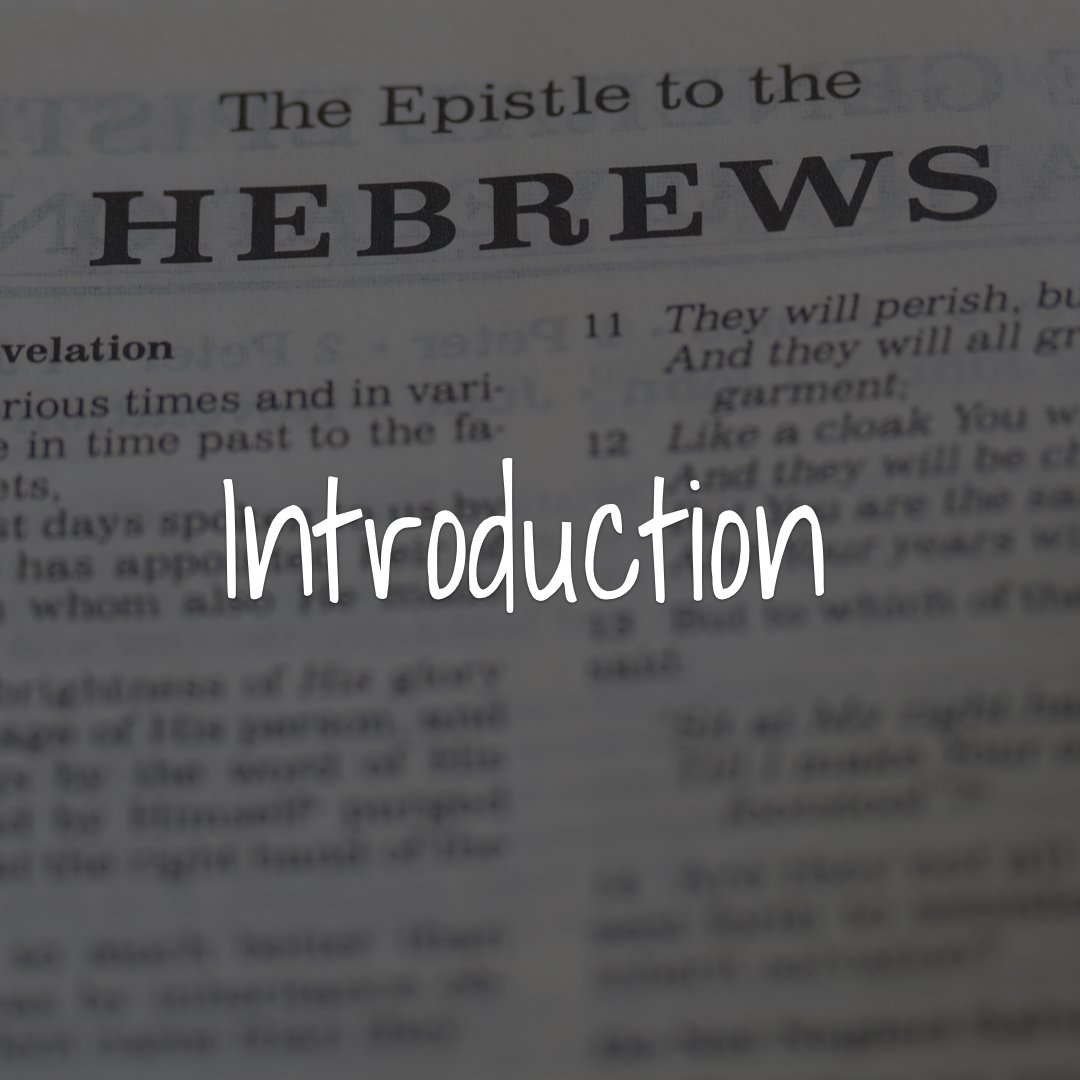
1) Hebrews in Context: A Messianic Jewish Perspective on the Book of Hebrews
This lesson delves into the Epistle to the Hebrews from a Messianic Jewish perspective, challenging the traditional view that it advocates the replacement of Judaism by Christianity. By examining the epistle’s treatment of the Levitical priesthood, the covenants, and the sacrifices, we uncover how Hebrews affirms the eternal relevance of the Torah while elevating the Messiah’s role in the heavenly priesthood. The lesson highlights the importance of understanding this text within its original Jewish context, offering fresh insights into its theological depth.

2) The First Assembly: Early Believers, the Temple, and the Message of Hebrews
In this lesson, we explore the early gathering place of Yeshua's disciples, Solomon's Colonnade, and their continued connection to the Temple, priesthood, and sacrifices. Contrary to common supersessionist interpretations, the first believers did not abandon Jewish practices or the Temple after Jesus' resurrection. Rather, they remained deeply embedded within Judaism, viewing the Temple as a vital center of worship. Through the Epistle to the Hebrews, we see a message meant to strengthen and guide these early believers during a time of great spiritual crisis, preparing them for life without the physical Temple and encouraging them to hold fast to their faith in the heavenly sanctuary and the messianic priesthood of Yeshua.

3) Hebrews One
Hebrews 1 opens by declaring the supremacy of Jesus, the Son of God, as the ultimate revelation of God's word. In the past, God spoke through the prophets in various ways, but in these last days, He has spoken through His Son, who is the heir of all things and the one through whom the universe was made. Jesus reflects the glory of God and upholds all creation by His powerful word. After making purification for sins, He sat down at the right hand of the Majesty on high, far superior to the angels, having inherited a name more excellent than theirs.